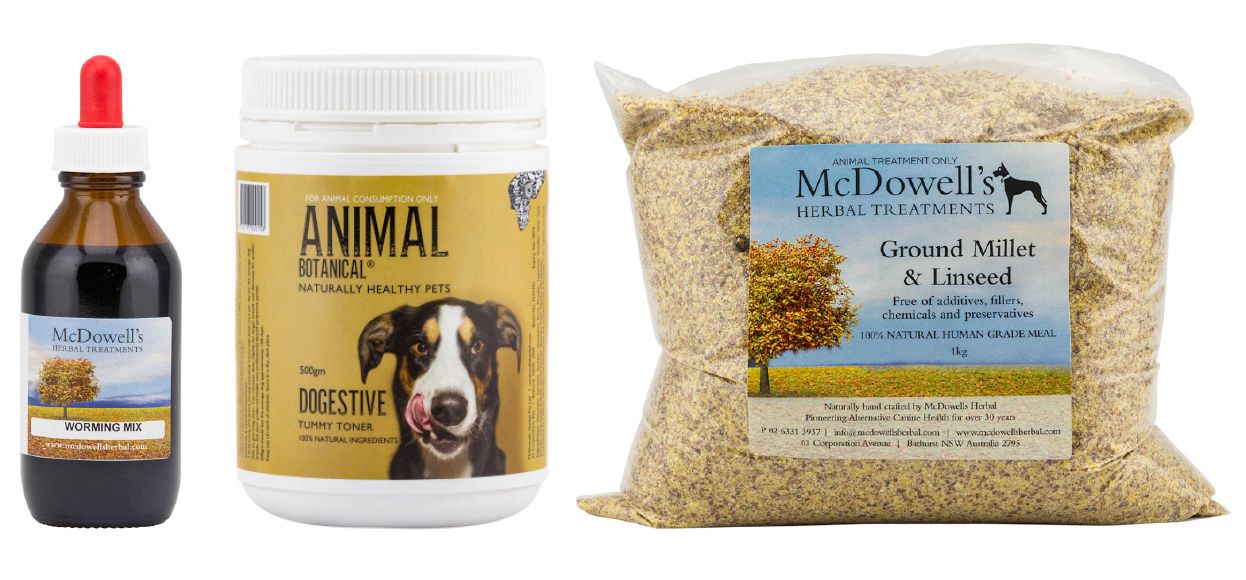We have a growing concern about the over usage of anti-parasitic treatments in our pets. The shelves in every veterinary practice are filled with a variety of anti-parasitic treatments; as are the shelves at pet shops. Business is booming with anti-parasitic treatment sales. You find adverts on TV, the radio and magazines that warn you how harmful fleas and worms can be for your pet.

Yet, no one mentions that a monthly treatment with these 'tasty chews' filled with potent chemical substances might be harmful for your dog long-term....
So what are these chemical substances?
Fipronil is a broad use insecticide that belongs to the phenylpyrazole chemical family.
Methoprene acts as an insect growth regulator, mimicking natural juvenile hormone.
Afoxolaner is an insecticide
Imidacloprid is an insecticide that was made to mimic nicotine. Nicotine is naturally found in many plants, including tobacco, and is toxic to insects. Imidaclopridis used to control sucking insects, termites, some soil insects, and fleas on pets
Fluralaner is a systemic insecticide and acaricide
Moxidectin is an avermectin parasiticide that acts on the γ-aminobutyric acid (GABA) and glutamate gated channels, resulting in flaccid paralysis of parasites.
Although a single application is unlikely to harm your pet, an accumulation of these in your pets body over the years will have an impact on general health. The overload of toxins, may it be environmental toxins, toxins from food, medical treatments or house hold chemicals, has an influence on our and our pet's health. Toxins are metabolised, stored and eliminated by many organs of the body. The liver plays a central role in the internal toxin management. If there is an overload of toxins in the body, more than the organs can deal with, certainly leads to a weak immune system and consequently to diseases. There is no more doubt that toxins contribute to the development of cancer.
I would like to make you aware of the toxic load for your pets that comes from a well intentioned anti-parasitic treatment. Yes, parasites can harm our pets but there is a lot what we can do before we need the help of chemical weapons.
Intestinal parasites:
You should only treat your dog with an anthelmintic treatment if your dog has worms. A simple faecal analysis can tell you if your dog is infected and if or if not the dog needs treatment. A sample every 6 to 12 months is sufficient to check on the average dog.
Fleas:
Fleas can be prevented by practicing good hygiene.
Combing your pet regularly removes fleas and also give you an idea if or if not your pet has fleas. Wash the bedding regularly and cover popular sleeping places with a towel or linen that can be easily washed. You can spray dog beds that can't be washed and furniture with eucalyptus spray which will kill eggs and larvae. Make sure to spray when the room is well ventilated or best outside. It is best not to have your pets around as they are quite sensitive to the spray.
Vacuum the carpets and furniture regularly. If you practice good hygiene it is highly likely your dog will not become flea infested and you will only find the occasional flea which will not cause a problem.
Heart worm:
Heart worms can potentially be problematic for your dogs so awareness and protection might be necessary. However, not every dog in Australia is at the same risk. Do you live in high risk heart worm area or in an area where there are no heart worms? Your dog might not need all year round protection. I always advice my clients to check with their local vet how many heart worm cases they diagnose per year. This gives you a good indication how much protection your dog needs. Like with intestinal parasites you can test for larvae in the blood stream and treat if necessary. As heart worms are transmitted via mosquitoes, you can decrease the risk of getting infected by bringing your dog indoors in the evening and during the night.
Paralysis tick:
Paralysis ticks also can be problematic so caution is advised. Do you have a short haired or long haired dog? With a short hair dog you might be able to find the ticks easily and they can manually be removed. How likely is it for your dogs to get the tick? Is you dog in parkland and on the beach only or is your dog bush walking with you? The ticks live in high grass and in scrubby vegetation. Will your dog easily get in contact? Does your dog need all year protection?
Most dogs do not need a monthly anti-parasitic treatment. For preventing a parasitic infection that may harm your dog, consider herbal tonics which can create a inhospitable environments for parasites and additionally increasing you dogs resilience to parasitic infections.
Author:
Nicki Wiedmann
Veterinary Herbalist
McDowells Herbal


